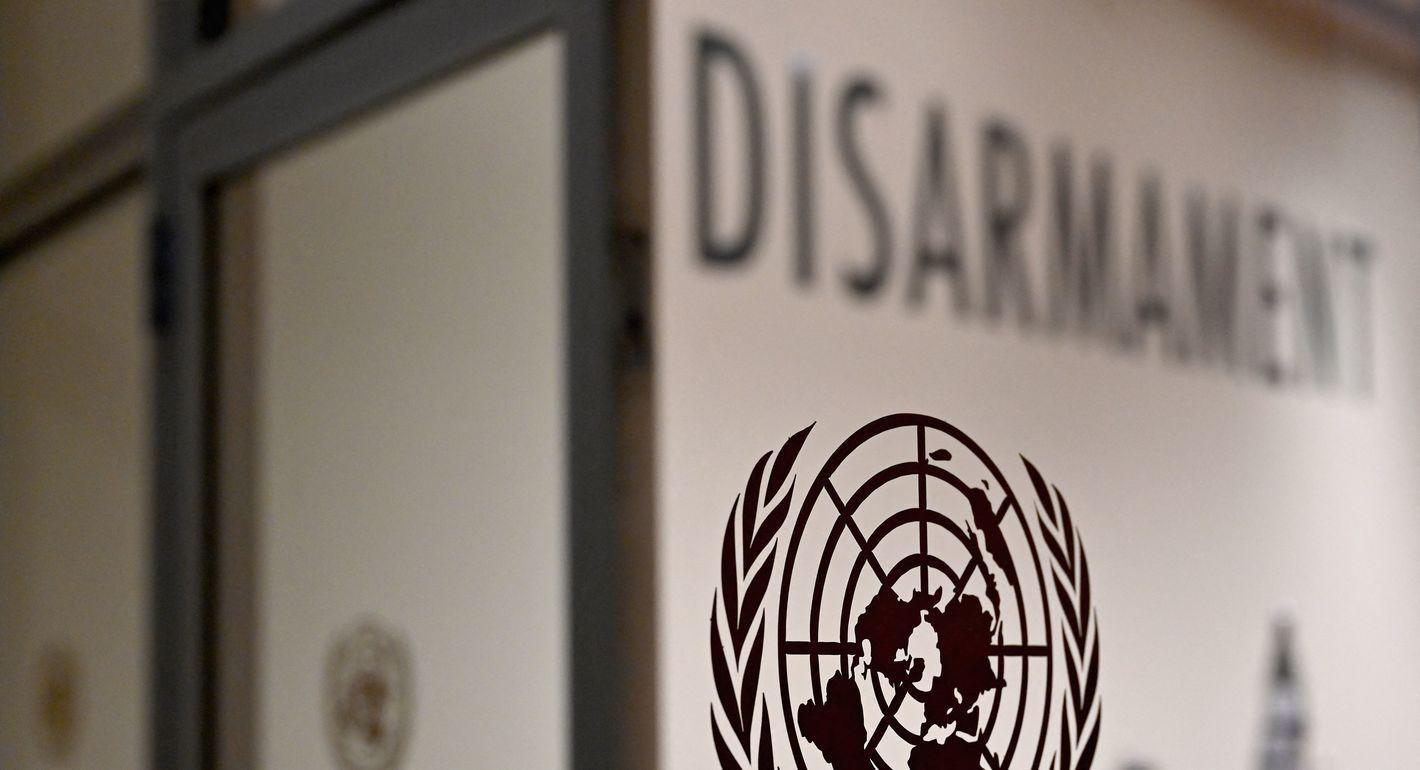Exclusive Interview
PIR Center interviewed H.E. Ambassador Jargalsaikhan Enkhsaikhan. During the conversation, we discussed Mongolia’s role in the international nuclear nonproliferation regime and Mongolia’s path to becoming a state that has officially declared its territory free of nuclear weapons.
The interview was conducted by Roman Kalinin, PIR Center Research Fellow.
Roman Kalinin: How do you perceive Mongolia’s role in reinforcing the NPT regime within the broader context of nuclear nonproliferation?
Jargalsaikhan Enkhsaikhan: Mongolia is a member of the Nuclear Non-Proliferation Treaty (NPT) and a non-nuclear-weapon state. We believe that the NPT serves the interests of all countries worldwide, and we actively promote its core principles. Our commitment to the NPT is particularly important given our geographical position, as Mongolia is situated between two nuclear powers – Russia and China.
During the Cold War, especially in 1969 when tensions between Russia and China were high, there were discussions in the Soviet Union about taking action against China, possibly even considering the use of nuclear weapons. Given the capabilities of delivery systems at the time, any strike might have been launched from Mongolian territory, where Soviet troops with dual-use weapons were stationed. Had such an event occurred, Mongolia might have been severely impacted, and it’s doubtful the Soviet Union would have consulted us before using nuclear weapons.
After the Soviet Union collapsed, Mongolia began to pursue an independent policy supporting the nuclear nonproliferation regime. Mongolia does not possess weapons of mass destruction, and everything related to them was withdrawn following the Soviet Union’s collapse. We have declared that Mongolia will neither acquire nor allow the deployment of nuclear weapons on its territory, a decision that has been positively received by all NPT Member States.
Mongolia suggests that non-nuclear-weapon states must not silently follow what Russia and NATO are doing/saying now. We should initiate positive discussions as well. I think Mongolia can become an example showing that even non-nuclear-weapon states have political weight and can influence the great powers.
Roman Kalinin: What stance does Mongolia take on the Treaty on the Prohibition of Nuclear Weapons?
Jargalsaikhan Enkhsaikhan: We have signed and ratified the Treaty on the Prohibition of Nuclear Weapons. This reflects the unity among states and highlights that nuclear threats are a global concern, not just an issue for nuclear powers.
Mongolia is positioned to contribute to this agenda in North-East Asia. We believe that nuclear energy should be used only for peaceful purposes, extending beyond electricity generation to include areas like medicine, where combating cancer is a pressing issue.
Mongolia is particularly interested in developing nuclear medicine and acquiring its own technologies in this field.
While electricity generation is important, given Mongolia’s vast territory and relatively small population of 3.5 million, we should focus on using the latest advancements in peaceful nuclear energy to develop small nuclear power plants.
Many countries, including Russia, South Korea, India, and France, are currently developing small nuclear power plants. Mongolia is not rushing to select a supplier, as we are waiting for uranium prices to rise. For now, we maintain good relations with our neighbors and can meet our electricity needs through imports from Russia.
Roman Kalinin: How can Mongolia’s experience in creating a Nuclear-Weapon-Free Zone be utilized to address current global challenges?
Jargalsaikhan Enkhsaikhan: Unlike other Nuclear-Weapon-Free Zones, Mongolia unilaterally declared its territory free of nuclear weapons, a decision that was supported by the P5 countries. Through bilateral agreements, Russia and China committed to respecting Mongolia’s nuclear-free status. In 2012, within the framework of the United Nations, the nuclear-weapon states signed agreements with Mongolia, guaranteeing its nuclear-weapon-free status. These documents obligate the permanent members of the UN Security Council to refrain from actions that would violate Mongolia’s nuclear-free status, while Mongolia, in turn, reaffirmed its commitment to maintaining it.
In 2022, the Committee of the 77th Session of the UN General Assembly approved a draft resolution titled “Mongolia’s International Security and its Nuclear-Weapon-Free Status.”
Roman Kalinin: With plans to build a new capital city, Mongolia will see a significant increase in electricity consumption. How does Mongolia plan to address the potential energy shortage?
Jargalsaikhan Enkhsaikhan: The construction of a new capital remains a proposed plan. The pandemic has significantly impacted our economy, and we need more time to restore economic stability and gather resources for such projects.
Mongolia is dedicated to advancing green energy, focusing on wind and solar power. Soon, approximately 30% of our energy will come from renewable sources. We are collaborating with countries like Germany and China, which offer advanced export technologies.
Looking ahead to the second half of the 2030s, we anticipate the introduction of small nuclear power plants. Currently, we are evaluating the environmental impact of these technologies, including their emissions. Additionally, we need to engage with international treaties and regimes related to peaceful nuclear energy.
Roma Kalinin: Mongolia is a well-known platform for discussing the nuclear issue of the Korean Peninsula. Could you please elaborate on the formats of cooperation on this issue?
Jargalsaikhan Enkhsaikhan: The DPRK possesses nuclear weapons, although this is not officially acknowledged. South Korea is considered a threshold state, and if it were to become a nuclear-weapon state, it could trigger a regional domino effect.
What role can Mongolia play in this context? Mongolia maintains good relations with both Korean states and has no territorial disputes with any of the Six-Party Talks members. As the saying goes, “It is easy for a duck to swim if the lake is calm.” Mongolia serves as that calm lake by hosting informal meetings with representatives from North-East Asian countries to discuss confidence-building and security measures. While we avoid addressing broad global issues on our platform, we facilitate confidential discussions aimed at building trust between the two Koreas. These meetings are typically held without press coverage to prevent creating mistrust.
Key words: Global Security; Nuclear Nonproliferation
NPT
F4/SOR – 24/08/16




